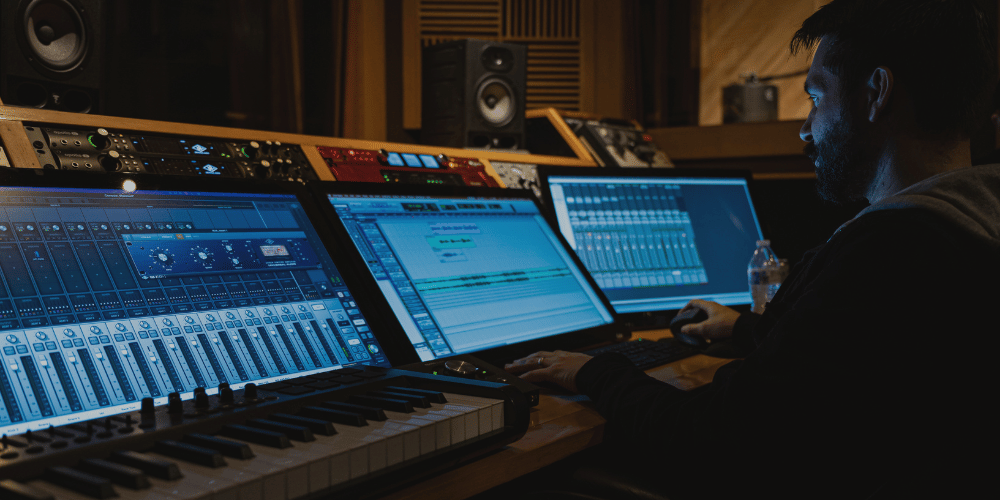DIY Mastering: What You Need to Know
Mastering is the final step in the music production process, where your mix is polished to sound professional and cohesive across all playback systems. For independent musicians, mastering can often seem like a daunting and expensive task. However, with the rise of affordable and even free tools, DIY mastering has become more accessible than ever. In this guide, we’ll explore what you need to know about DIY mastering, focusing on budget-friendly options like BandLab.
What is Mastering?
Mastering involves adjusting the final mix's levels, EQ, compression, and stereo enhancement to ensure it sounds its best. The goal is to create a balanced, polished, and commercially viable track. Professional mastering engineers use high-end equipment and have years of experience, but with the right approach and tools, you can achieve impressive results on your own.
Why DIY Mastering?
- Cost-Effective: Hiring a professional mastering engineer can be expensive. DIY mastering allows you to save money and allocate those funds to other areas of your music career.
- Creative Control: Doing it yourself means you retain full creative control over the final sound of your music.
- Learning Experience: Mastering your tracks can be a valuable learning experience, deepening your understanding of music production.
Affordable and Free Mastering Tools:
BandLab Mastering: BandLab offers
a free online mastering service that is user-friendly and effective. You can upload your track and choose from three different mastering styles: Universal, Fire, and Clarity. - https://www.bandlab.com/master...

LANDR: While LANDR offers paid plans, it also provides a free option that allows you to master a limited number of tracks each month. LANDR uses AI to analyze and master your music.
iZotope Ozone Elements: Often available at a discounted price or as part of bundles, this plugin offers essential mastering tools in an easy-to-use interface
Steps to DIY Mastering
- Prepare Your Mix: Ensure your mix is well-balanced and clean. Remove any unwanted noise and make sure each element sits well in the mix. A good mix is the foundation of a good master.
- Set Your Levels: The first step in mastering is to set the overall level of your track. Aim for a level that is loud but not clipping. Use a limiter to ensure your track does not exceed 0dB.
- EQ: Use an equalizer to balance the frequencies in your track. Cut any problematic frequencies and boost where necessary to add clarity and presence.
- Compression: Apply compression to control the dynamics of your track. This helps to even out the levels and make the track sound more cohesive. Be careful not to over-compress, as this can make your track sound lifeless.
- Stereo Enhancement: Enhance the stereo width of your track to make it sound more spacious. Tools like stereo imagers can help achieve this effect.
- Final Limiting: Apply a final limiter to ensure your track is at the desired loudness. This is crucial for making your track sound competitive with commercially released music.
Tips for Successful DIY Mastering
- Use Reference Tracks: Compare your master with professionally mastered tracks in the same genre. This can help you gauge whether your track meets industry standards.
- Take Breaks: Your ears can become fatigued during the mastering process. Take regular breaks to maintain a fresh perspective.
- Listen on Different Systems: Test your master on various playback systems, including headphones, car speakers, and smartphones, to ensure it sounds good everywhere.
- Get Feedback: Share your master with fellow musicians or producers and ask for constructive feedback.
Conclusion
DIY mastering is an achievable goal for independent musicians, especially with the availability of affordable and free tools like BandLab. By understanding the basics of mastering and following a structured approach, you can produce professional-sounding tracks without breaking the bank. Remember, the key to successful DIY mastering is practice and continual learning. Happy mastering!

